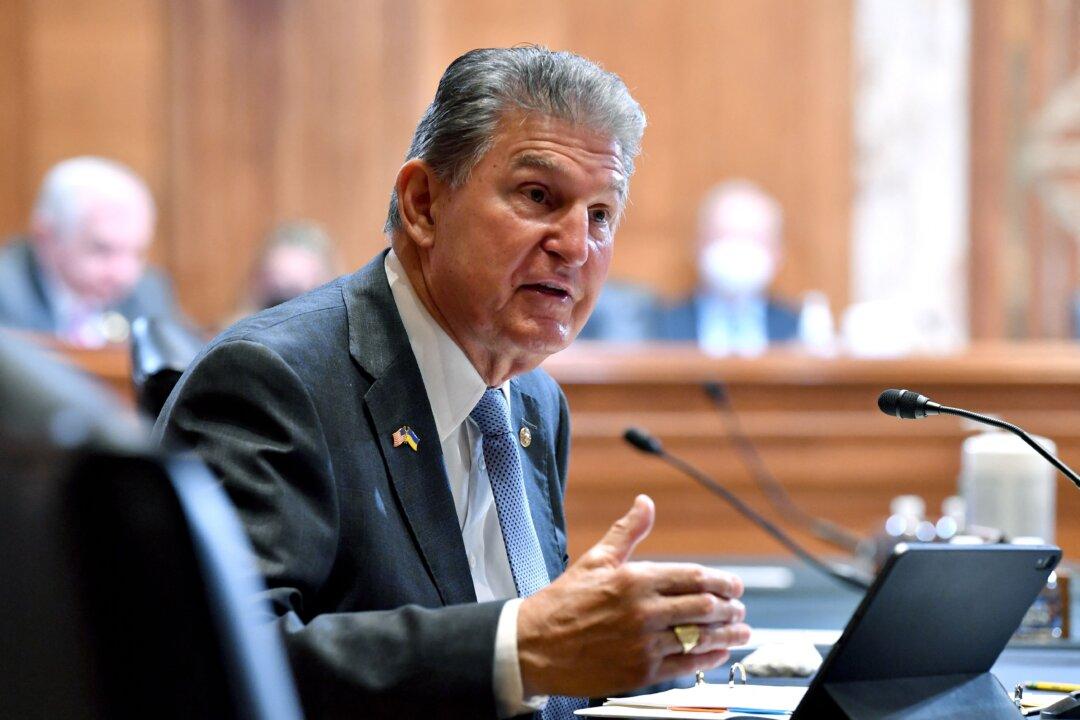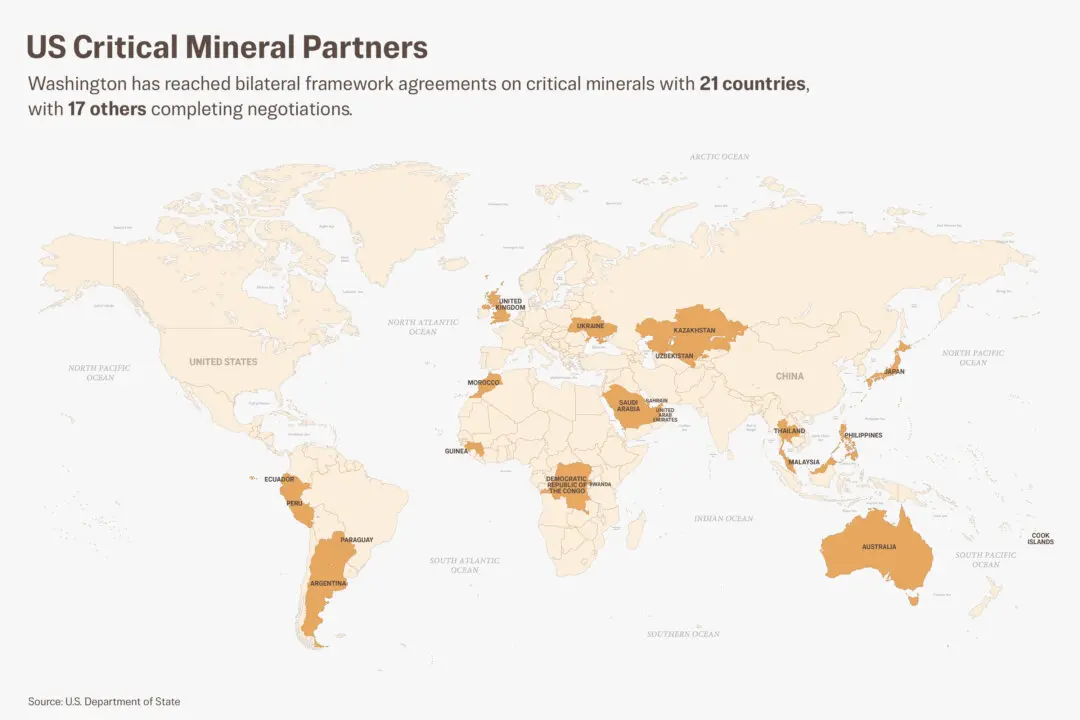Politicians and local residents are voicing opposition to Ford’s new electric vehicle (EV) battery plant in Michigan over the automaker’s partner, which has links to the regime in China.
In February, Ford announced it would build a battery park in Marshall, a small township 100 miles west of Detroit, under a licensing agreement with Chinese firm Contemporary Amperex Technology Co. Ltd. (CATL), the world’s largest producer of EV batteries.



